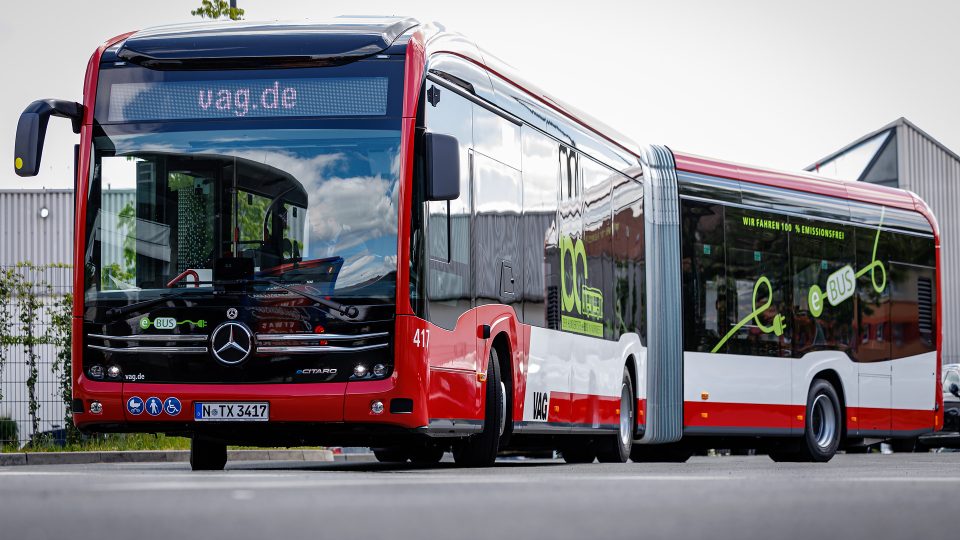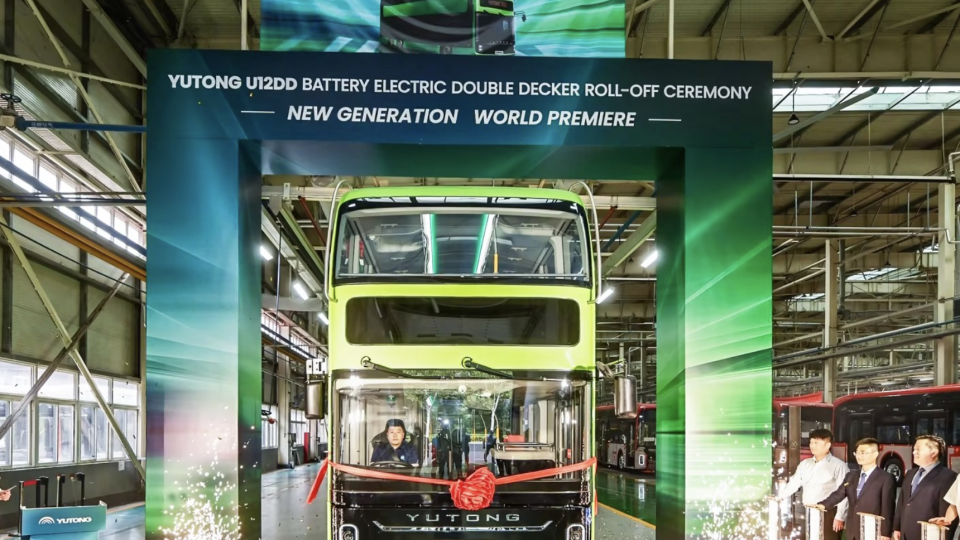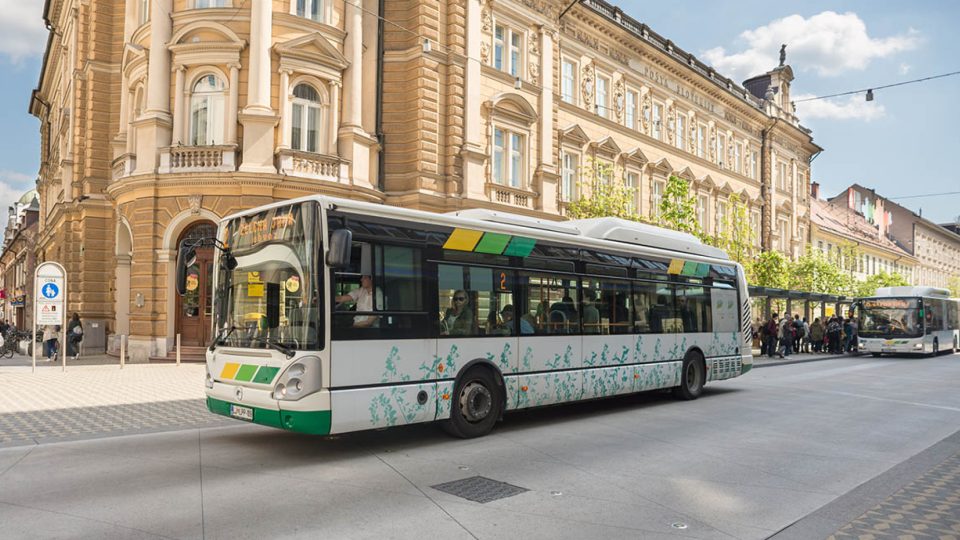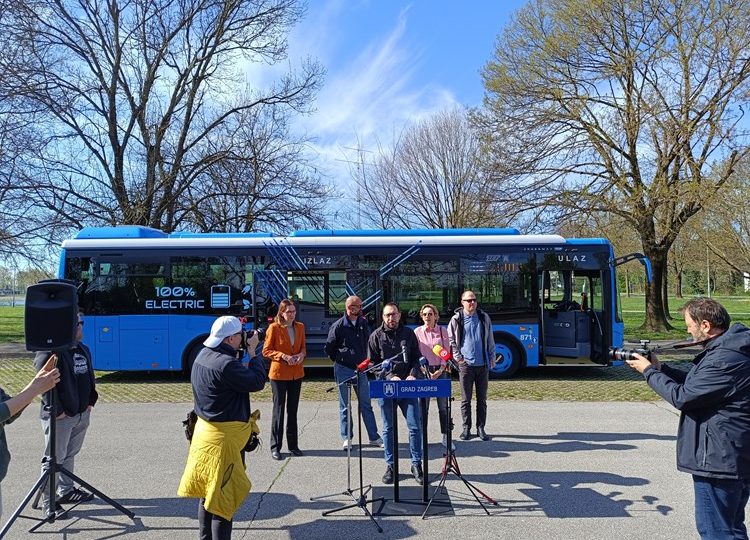This is how India’s CESL organized the world’s largest tender (5,450 ebuses)
Five thousand four hundred and fifty electric buses. A monstrous number, which in fact represents the world’s largest ebus tender. It was orchestrated by CESL (Convergence Energy Services Limited) because of the Government of India’s desire to decarbonize public transport by 2030. To achieve this goal, 100.000 ebuses will have to be in service on […]
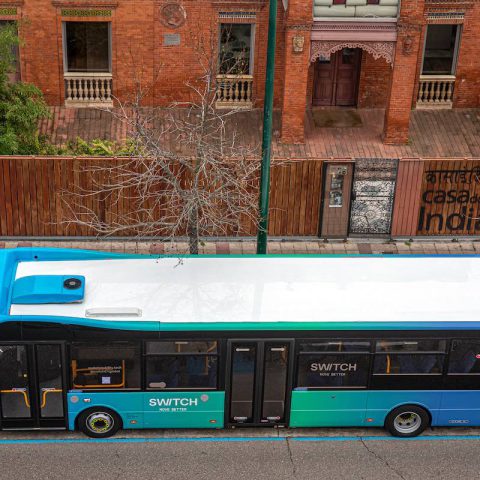
Five thousand four hundred and fifty electric buses. A monstrous number, which in fact represents the world’s largest ebus tender. It was orchestrated by CESL (Convergence Energy Services Limited) because of the Government of India’s desire to decarbonize public transport by 2030. To achieve this goal, 100.000 ebuses will have to be in service on the road by the set deadline.
A record-breaking tender, labeled the “Grand Challenge,” allowing operators (from the cities of Delhi, Mumbai, Kolkata, Hyderabad, Bangalore and Surat) to participate, while also benefiting from 10 trillion rupees (equivalent to 120,410,248.20 euros) in subsidies, as reported by Times of India. The overall size of the tender helped reduce bidding rates, as did daily mileage requirements of 200 km per day, or 70,000 per year. A larger lot size, between 465 and 1,500 buses per transit agency, helped OEMs negotiate better rates with their suppliers than lots of less than 300 units.
In addition, unchanged fixed costs for 12 years increase revenue for OEMs, further reducing bidding costs. After careful evaluation by the five participating states, it was determined that OEMs will bid e-buses with a standard range of 225 km in real world conditions plus 10 percent contingency per day with 200 km in a single charge and a one-time mid-operation charge lasting up to one hour.
CNG bus bidding rates for a 12-meter low-floor Cng bus in Delhi are about 30 percent lower than those for e-buses, while in Mumbai, bidding rates for a 12-meter standard-floor CNG bus without AC are 50 percent higher than those for an e-bus. E-bus use is significantly cheaper per kilometer than Cng and diesel. It will be 4.71 billion kilometers that the 5,450 buses will travel in 12 years, helping to save 1.88 billion liters of fuel in and 3.31 million tons of CO2 emissions.


